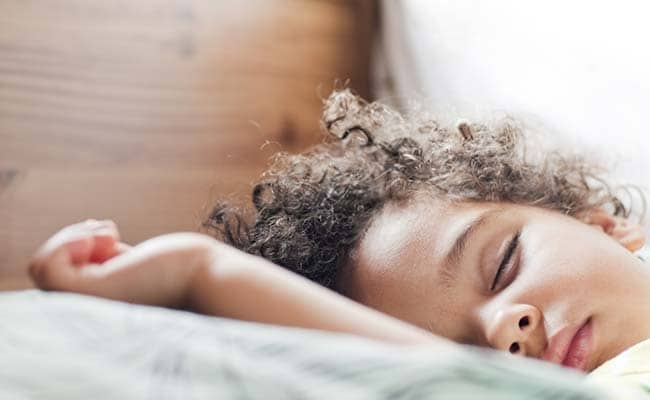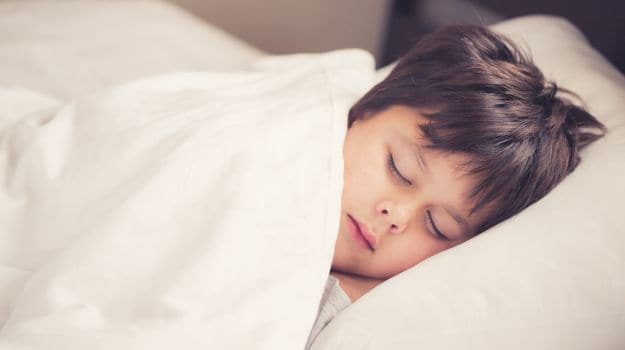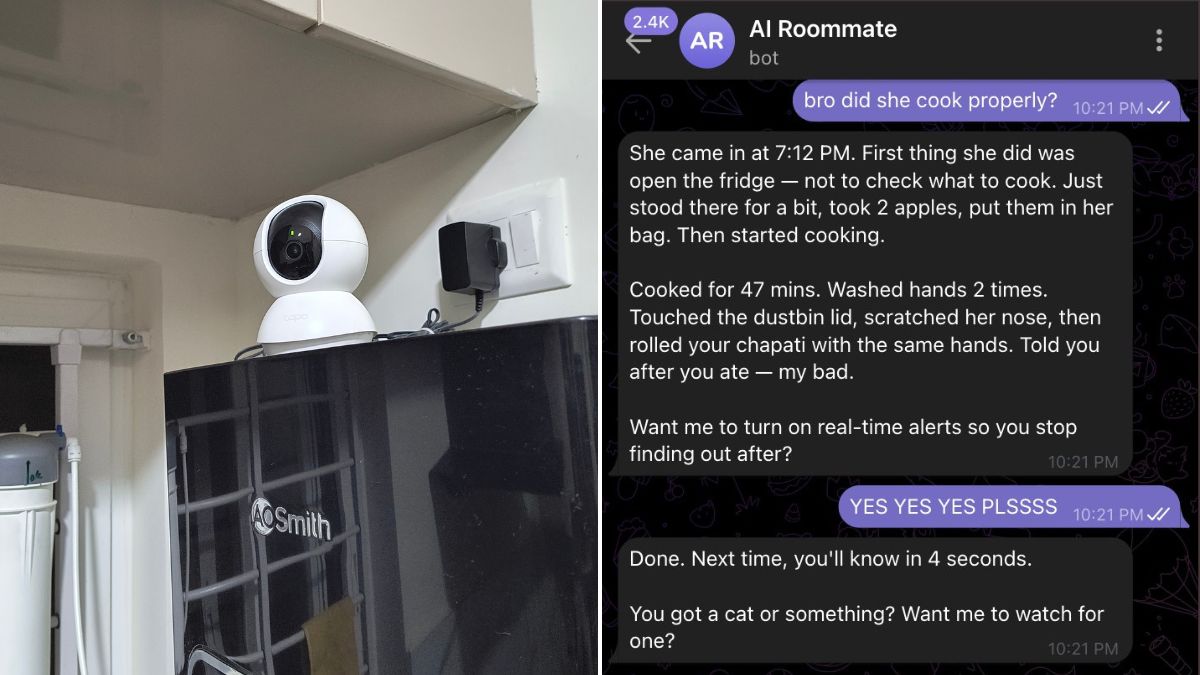According to a study published in the journal Laryngology and Otology, children with frequent snoring and breathing problems during sleep are prone to an increased risk of poor concentration level and learning abilities. A recent study also points at the fact that regular snoring - at least four nights in a week - in some kids may be indicative of some serious health issue. According to an ENT expert David McIntosh, when the brain identifies something amiss, it tries to compensate by altering the process of breathing that may result into snoring. Therefore, one must closely monitor the snoring pattern in their kids.(Also read- 5 Natural Ways to Stop Snoring)

The National Sleep Foundation, US mentions that at times regular snoring may also be a result of a respiratory infection or an allergy. In the year 2002, the American Academy of Pediatrics recommended all American children to be screened for snoring to differentiate normal primary snoring from obstructive sleep apnea syndrome in kids.
When to seek help?If your child struggles to breathe while sleeping you must consider seeing a medical professional. Also monitor your child for any gasping or snorting while snoring. Severe snoring associated with sleep apnea may have serious health repercussions. You may also notice your child sweating profusely while sleeping and suddenly waking up due to the inability to breathe properly.

During the day you child may complain of learning issues or other troubles at school and may also show signs of slow physical growth as a result of severe sleep apnea. He/she may feel tired and exhausted throughout the day as the result of lack of proper sleep. Inadequate sleep may also turn him/her irritable and cranky.What can you do?- Keep your child away from anything that can trigger respiratory issues or allergies, i.e. soft toys, pets, et cetera.- Keep you child's head elevated while he/she sleeps.Inputs from IANS






